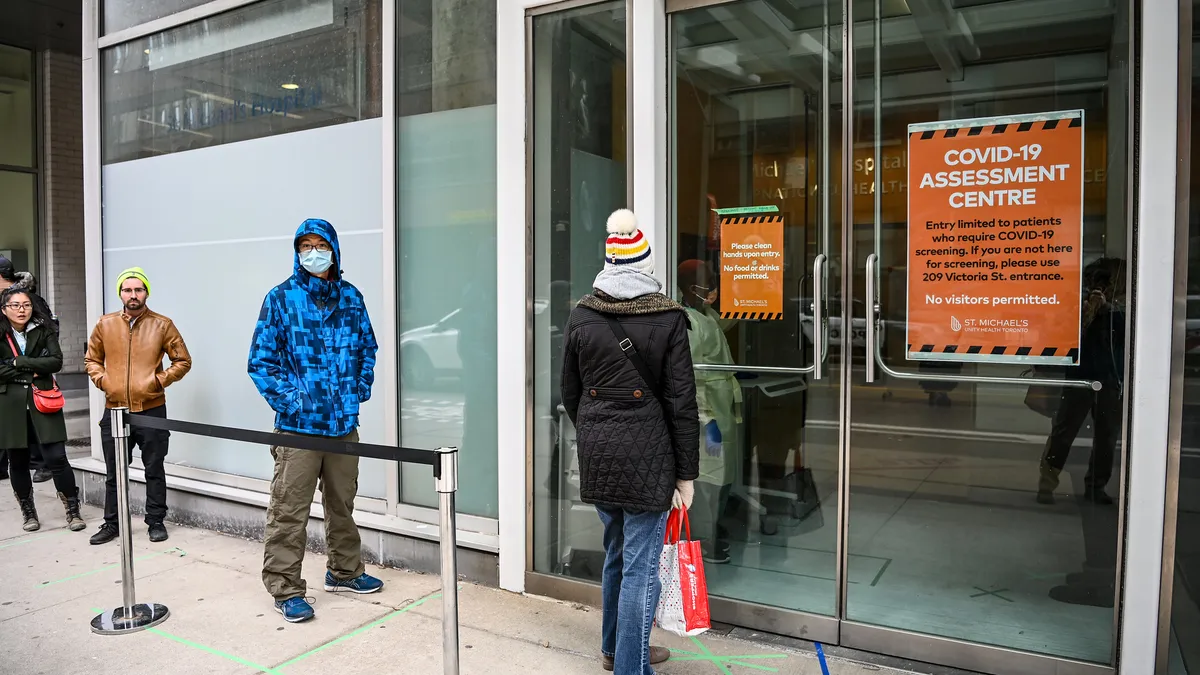Dive Brief:
- The COVID-19 pandemic and recent racial justice issues have changed the brand preferences of 45% of consumers, according to a new report from communications firm Ketchum. The report identified four pandemic personas: retro reengagers, open-minded explorers, worried withholders and cautious questioners.
- The "Brand Reckoning 2020: How Crisis Culture Is Redefining Consumer Behavior, Loyalty and Values" report reveals that 74% of consumers said the recent Black Lives Matter protests have made it more important to support businesses that work to improve diversity and inclusion.
- Forty-five percent of consumers have changed at least one brand preference and 62% expect their brand preferences will change permanently before the pandemic subsides. Additionally, 88% said the coronavirus has made it more important for companies to be ethical, and 90% said they prefer to buy from businesses that prioritize customer and employee safety.
Dive Insight:
As consumers continue to cope with uncertainties, health risks, economic downturn and challenges to systemic racism in the U.S., brands will need to adjust their messaging to connect in meaningful ways. Ketchum's report shows how consumer preferences are shifting in support of brands that prioritize the health of consumers and employees, as well as advancing diversity and inclusion efforts.
And yet, everyone is experiencing this year differently. The retro reengagers, 33% of consumers, want to return to normal. These politically conservative consumers are comfortable going to public spaces, think face masks should not be required and are less likely to prioritize diversity and inclusion, per Ketchum. On the other hand, open-minded explorers (22%) want to see a more progressive world when things reopen. These urbanites tend to be well-educated and influenced by advertisers, social media and bloggers, Ketchum's report notes. They are most likely to change brands post-pandemic based on companies' actions during the health crisis.
The worried withholders, 20% of consumers, prefer to stay in their comfort zone and are not comfortable in public spaces during the pandemic. These older, centrists/conservatives are not easily influenced by advertising, according to Ketchum. This group is least likely to have changed their brand preferences during the pandemic, and find advertising even less influential now than before the health crisis. Cautious questioners, 25% of consumers, tend to be politically liberal. These people keep their distance and are twice as likely than the average American to feel very uncomfortable visiting shared spaces. They prefer to buy from brands that support diversity and inclusion in response to the recent protests.
As usual, brands must consider their target audience when developing messaging. That expectation is even more intensified now as consumers place greater emphasis on brands' actions around coronavirus safety and addressing systemic racism. Business' actions now will impact consumer loyalty in the long term, Ketchum's report suggests.














